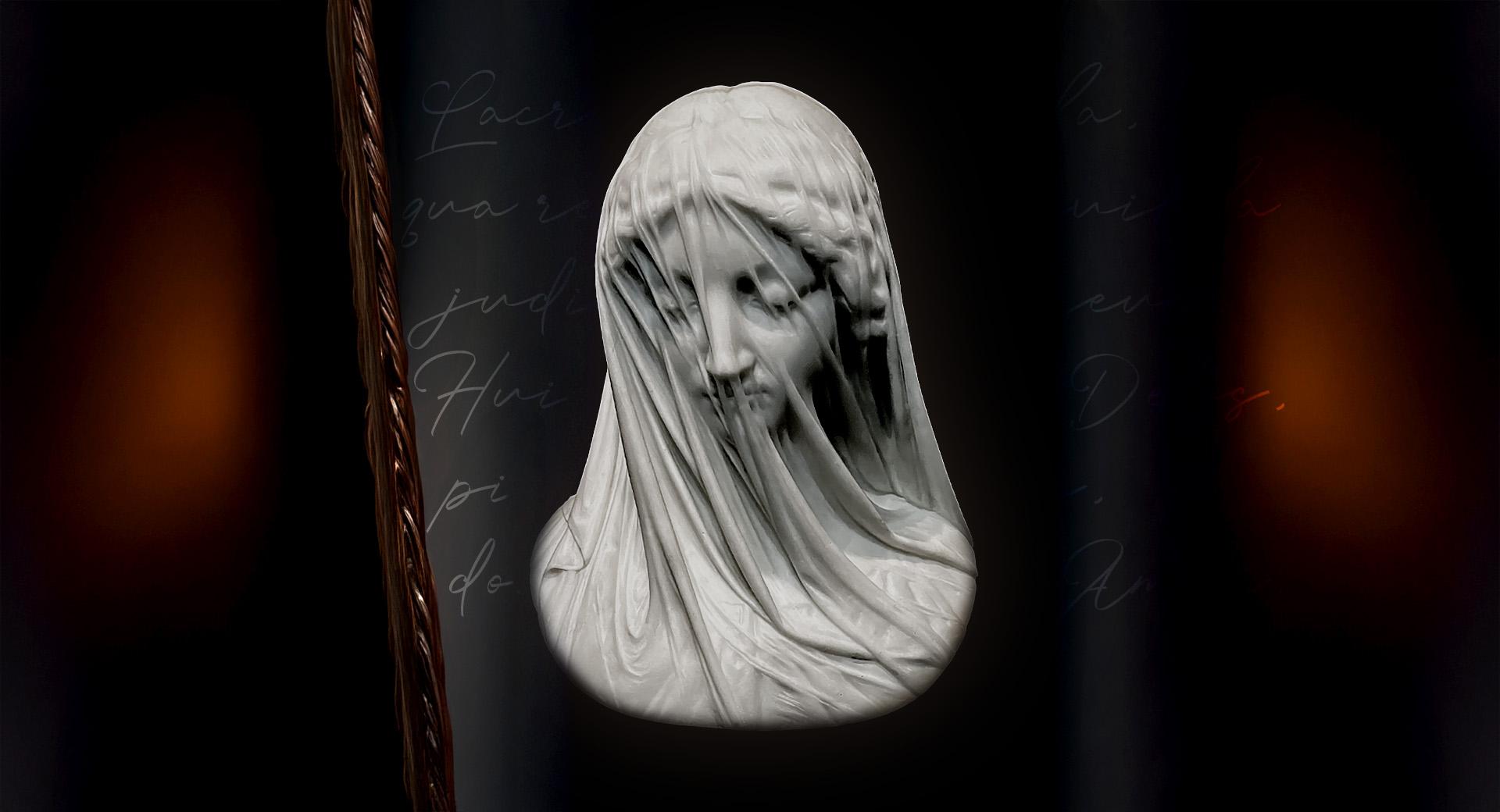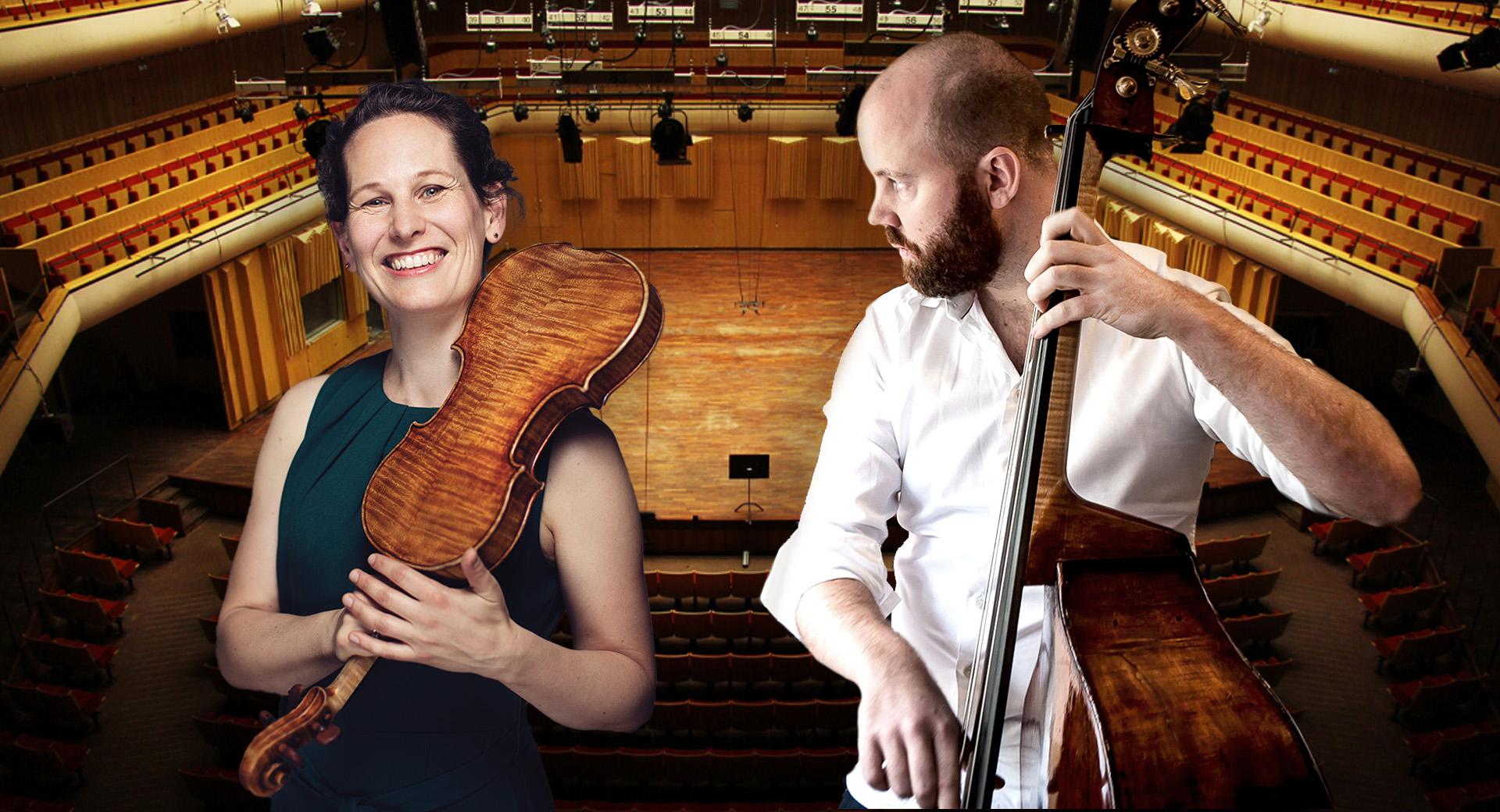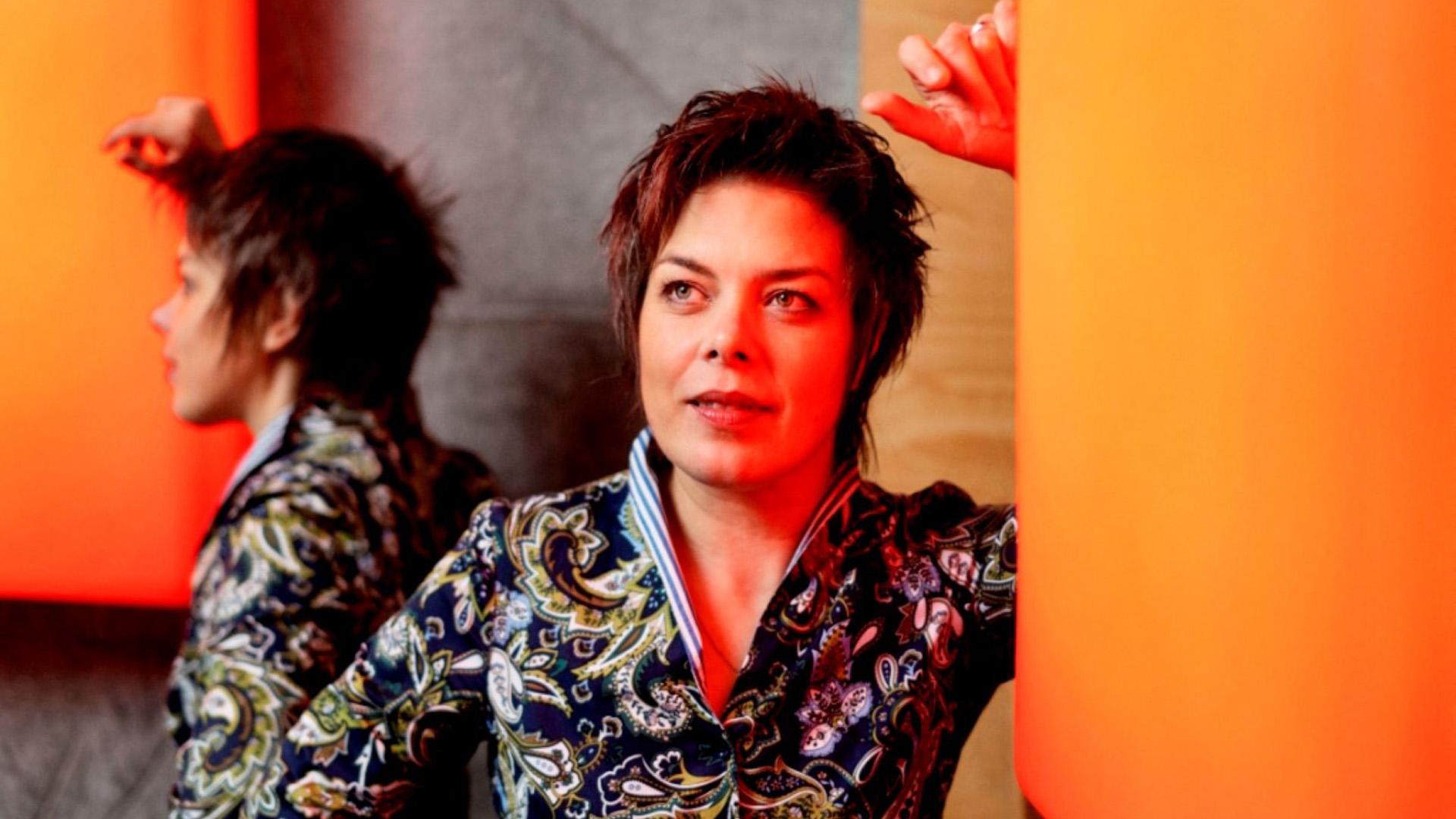A God Disguised and star soloists in Berwaldhallen
Almost 80 years ago to the day, Swedish Radio aired the premiere of Lars-Erik Larsson’s A God Disguised, as war ravaged the world. Today humanity faces a new crisis, but just as it did then, Lars-Erik Larsson’s music and Hjalmar Gullberg’s lyrics remind us of the divine capacity in each one of us.
This production is part of one or more concert series.

The concert was broadcasted on April 4 at 8:00 pm UTC+2 in Swedish Radio P2 and SVT2.
See the concert here.
After Johann Sebastian Bach fell out with his employer, the duke of Weimar, to such an extent that he served time in prison, he moved to Köthen where he was hired by Prince Leopold of Anhalt-Köthen. The prince, being a musician himself, appreciated Bach’s talents, paid him well and gave him ample latitude in composing. Among his compositions from this period are instrumental suites, sonatas and partitas for violin and probably also the Brandenburg Concertos.
The concerto for two violins in D minor was likely also written in this period, even though the surviving performance materials are dated around 1730. The first and last of the concerto’s three movements are thrillingly contrapuntal: The first brings to mind a fugue with elegant imitations in the solo parts, and in the last, the two soloists chase each other in elaborate moves. Between them lies a dreamlike, tranquil sicilienne that has been described as “the best eight minutes of music ever”. Here, the two soloists are renowned violinist Janine Jansen and rising star Johan Dalene, both of whom will return to Berwaldhallen next season.
Janine Jansen also performs a masterpiece of the violin repertoire: the Adagio from Max Bruch’s Violin Concerto No. 1 in G minor. Jansen has previously recorded the concerto and performed it numerous times in concert. The second movement is known for its warm, vocal melody underscored by a gently moving orchestral accompaniment.
Malin Byström is one of today’s most acclaimed opera singers. Her first performance as Desdemona in Verdi’s Otello was at the Royal Swedish Opera in 2015 when she was lauded for giving the role “more of a temperament than is usually offered” and making it “anything but a timid little Venetian girl”. Here, Byström performs two part from the final act: the melancholic Willow Song, which Desdemona tells Emilia – sung by Ingrid Tobiasson – that her mother used to sing, and the prayer Ave Maria.
David Wikander’s Kung Liljekonvalje, King Lily of the Valley, has been a constant of Swedish choral repertoire since the 1920s, mostly the later version for mixed choir even though the one for male chorus was the first. The melancholic poem by Gustaf Fröding published in the late 19th century is set to a combination of inviting melodies, a rich vocal arrangement and colourful harmonies.
Hjalmar Gullberg’s A God Disguised, the text that Lars-Erik Larsson composed for the Swedish Radio, with the radio listeners in mind, comes from the 1933 book Love in the Twentieth Century. The composition took time, however: “I didn’t dare work on routine; my respect and admiration for this poetic work was too great”, Larsson said in an interview in 1985. Finally, when it seemed like fellow composer Hilding Rosenberg would get the job instead, the ideas came. “It may have been a mistake, since Gullberg and Rosenberg were also working together, but it might have given me a nudge.”
On April 1st 1940, Swedish Radio broadcast the premiere of A God Disguised, conducted by Lars-Erik Larsson himself. In the years since, it has become one of our most popular classical works, performed especially often by youth and school choirs; in fact, Larsson imagined a “youthful, enthusing choral sound” for this life-affirming work. Soloists in this concert are soprano Hanna Husáhr and baritone Jakob Högström and the work is narrated in Swedish by famed actress Stina Ekblad. Högström and Ekblad also both took part when A God Disguised was performed in 2008 for Lars-Erik Larsson’s centenary.
In times like these, it is particularly important not to lose each other in anxiety and fear, long distances and even longer times between meetings. A simple call can make a big difference. Music, poetry and other arts can offer distraction, perspective and consolation. And Hjalmar Gullberg’s words, translated here by Scottish composer John Michael Hearne, are seldom more telling:
When comes a heaven-sent healing for souls in deep distress
And when, free from all reckoning, a hand will bless:
Then comes a light to spread such joy to a soul surprised –
That seated by our side was a god disguised.
David Saulesco


